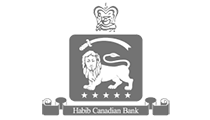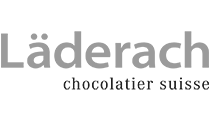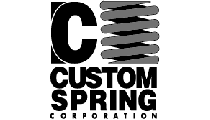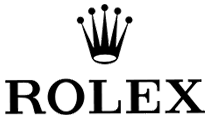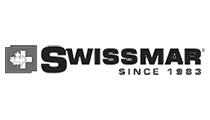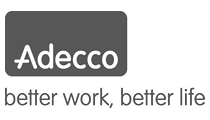info suisse Winter 2015
Food & Beverage | Switzerland-Canada Comparisons
Food & Beverage | Switzerland-Canada Comparisons
December 2015
Beers in Canada and Switzerland
(Kurt Schläpfer)
The author of this article loves a good beer irrespective of where it comes from. As beer is the (alcoholic) drink of choice in Canada, this is an opportunity to look closer at the Canadian beer market and to compare it with Switzerland.

Canada
In 2014, the average Canadian has consumed 63.4 litres of beer. This number differs considerably throughout the provinces and territories reaching a maximum value of 102 litres in Yukon. The peak value for the beer consumption in Canada was in 1975 with 106.5 litres of beer per capita. In the list of top beer drinking nations Canada only ranks 19th. Topping this list is the Czech Republic with a per-capita consumption of 144 litres – more than double of what the average Canadian is drinking.
In many of Canada’s provinces, the beer distribution and retail sale are subjected to a monopoly. In Ontario, the beer sale is controlled by the government-run LCBO outlets and The Beer Store (with 448 outlets) owned by three brewers (Anheuser-Busch, Molson Coors and Sapporo Breweries). However, small breweries are allowed to sell their beers in an own on-site store, an exception which has contributed to the rapid growth of microbreweries.
In 1786, John Molson established the first modern Canadian brewery in Montreal. It is now North America’s oldest continuously operating brewing company. Today, Canada has 520 breweries, 350 of which are so-called microbreweries and nanobreweries.
It is interesting to see that four of the ten brands on this list are imported beers. Moreover, a considerable amount of beer from other countries is brewed under license in Canada: for instance Guinness of Ireland, Foster’s of Australia, Carlsberg of Denmark and Sapporo of Japan. Consumers are often not aware that they are drinking Canadianbrewed beer, as these brands feature the word “Import” more prominently than the words “Brewed in Canada”.
In Ontario, a long awaited liberalization of beer sales will happen soon; it will be possible to buy beer in supermarkets. Premier Kathleen Wynne announced this in April 2015.
“The days of monopoly are over,” Wynne said. “This is the biggest shake up to the sale of beer in Ontario since we repealed prohibition in this province, and that was in 1927.” The Toronto Star commented: “Premier Kathleen Wynne is playing Santa Claus for Ontario beer drinkers with the sale of six-packs in Ontario supermarkets beginning this Christmas”.

Switzerland
Switzerland is a wine country (meaning that more alcohol is consumed in form of wine than beer), although the average Swiss drinks 36.1 litres of beer per year. For a long time, the Swiss beer market was controlled by a cartel in order to regulate the beer distribution and prices.
The beer cartel (founded 1935) entailed, among other things, the following:
- Consumers could only get beer from their regional brewery
- Only four types of beer were allowed (pale lager, special lager, dark lager and strong lager).
- Foreign beers could only be imported through a Swiss brewer
When the cartel was dissolved in 1991, the market opened up for new breweries, especially microbreweries. While the number of breweries in the days of the cartel decreased to 32, the Swiss market currently consists of 483 breweries, 385 of which are microbreweries. In addition, some very small home brewers (nanobreweries) distribute their production only to friends and acquaintances and do not show up in any statistics.
Three of the most popular beer brands are currently
- Appenzeller Quöllfrisch
- Feldschlösschen Original
- Schützengarten Lager.
Other than in Canada, considerable amounts of beer sold in Switzerland are imported beers. Their proportion is currently 25.8%. The most popular imported brands come from Germany. Interestingly, there is a Canadian store in Switzerland (named “Country Seasons” and located near Zug) where some beers from Molson and Labatt are available. Moreover, one beer bottled in Lausanne and sold as “local produce” is brewed in Québec.
No beers are available in Switzerland under the name of “Pilsner” or “Budweiser”. The reason for this is a bilateral treaty with Czechoslovakia stating that beers with names such as Pilsner (also Pils) and Budweiser have to be produced in the Czech Republic to be allowed. Therefore, Swiss pilsner-like lagers are usually called “Spezial”, and all the imported German pilsners are called “premium”. Anheuser-Bush has to sell their Budweiser as “Anheuser-Busch B”.
The best selling beers in the Ontario’s Beer Stores are:
- Coors Light
- Molson Canadian
- Budweiser
- Bud Light
- Labatt Blue
- Carling
- Lucky Lager
- Keiths
- Corona Extra
- Heineken
